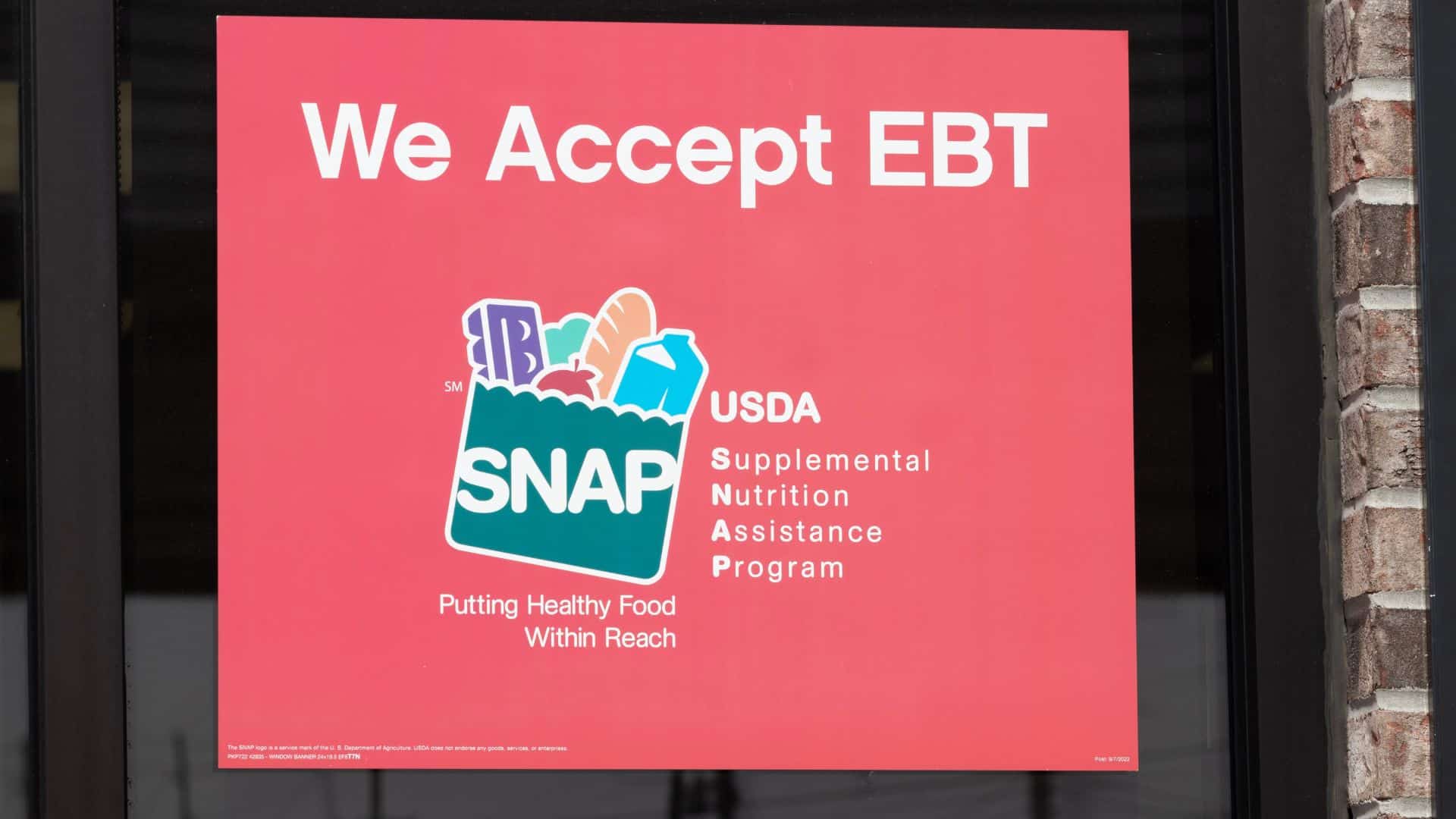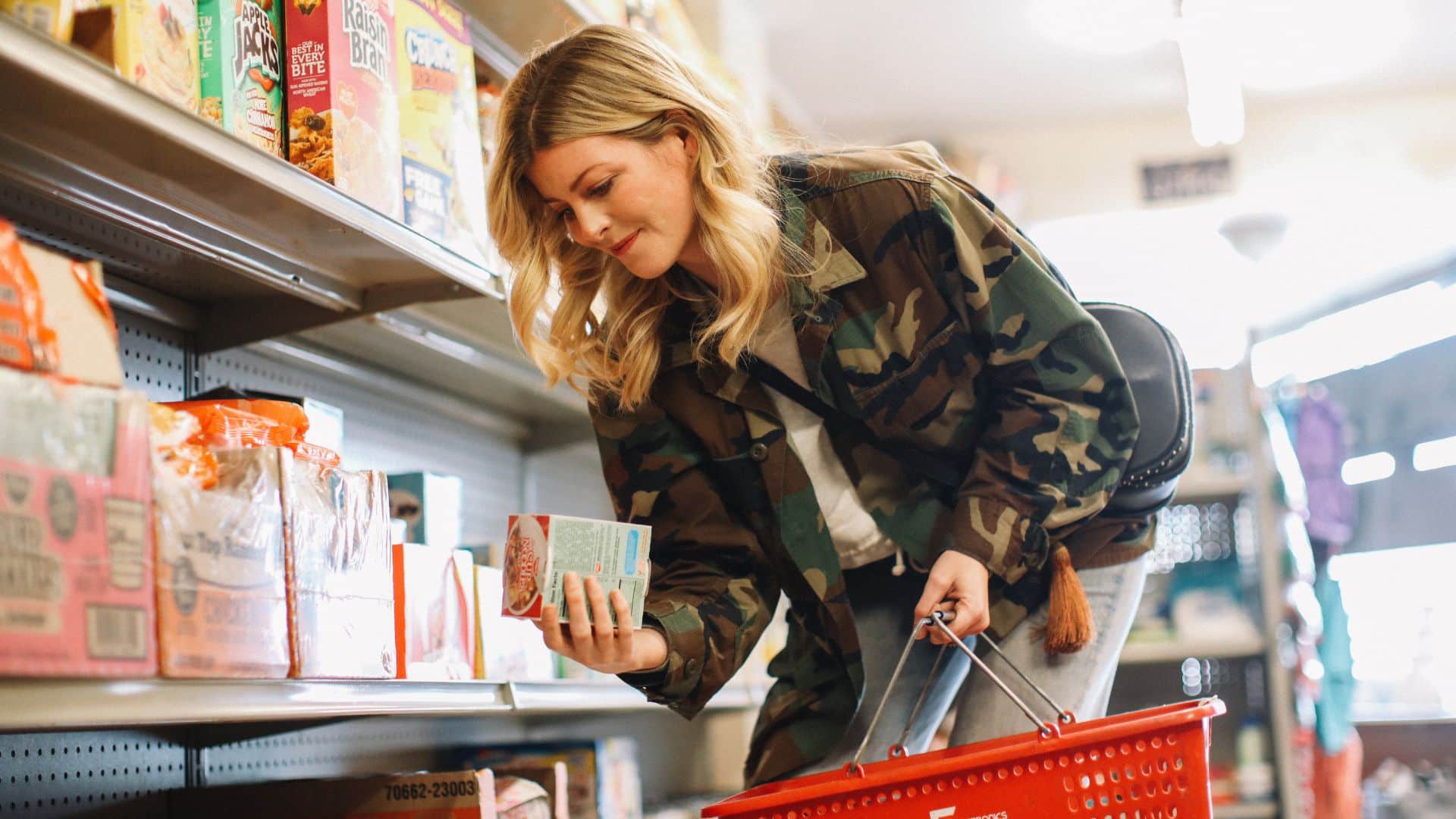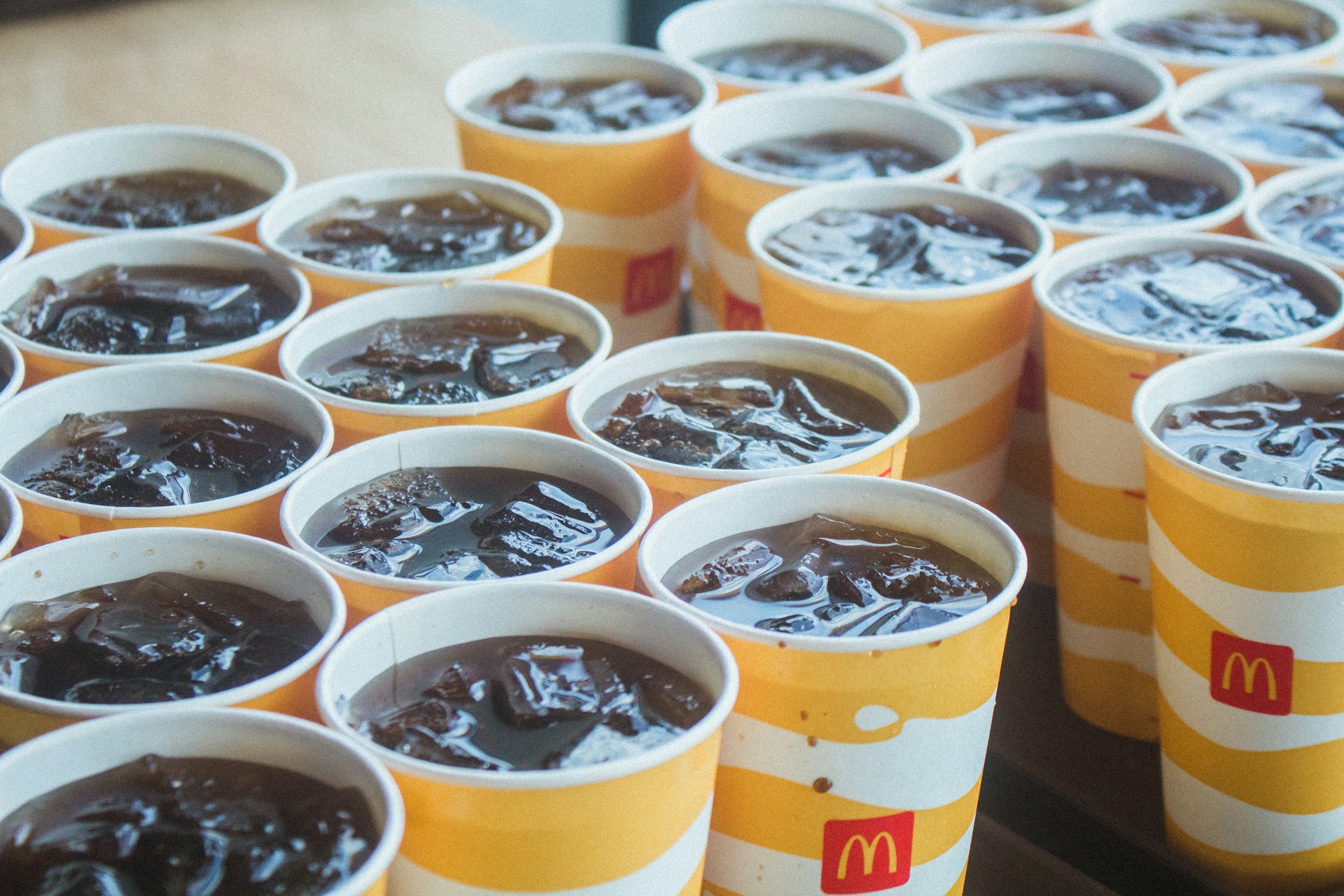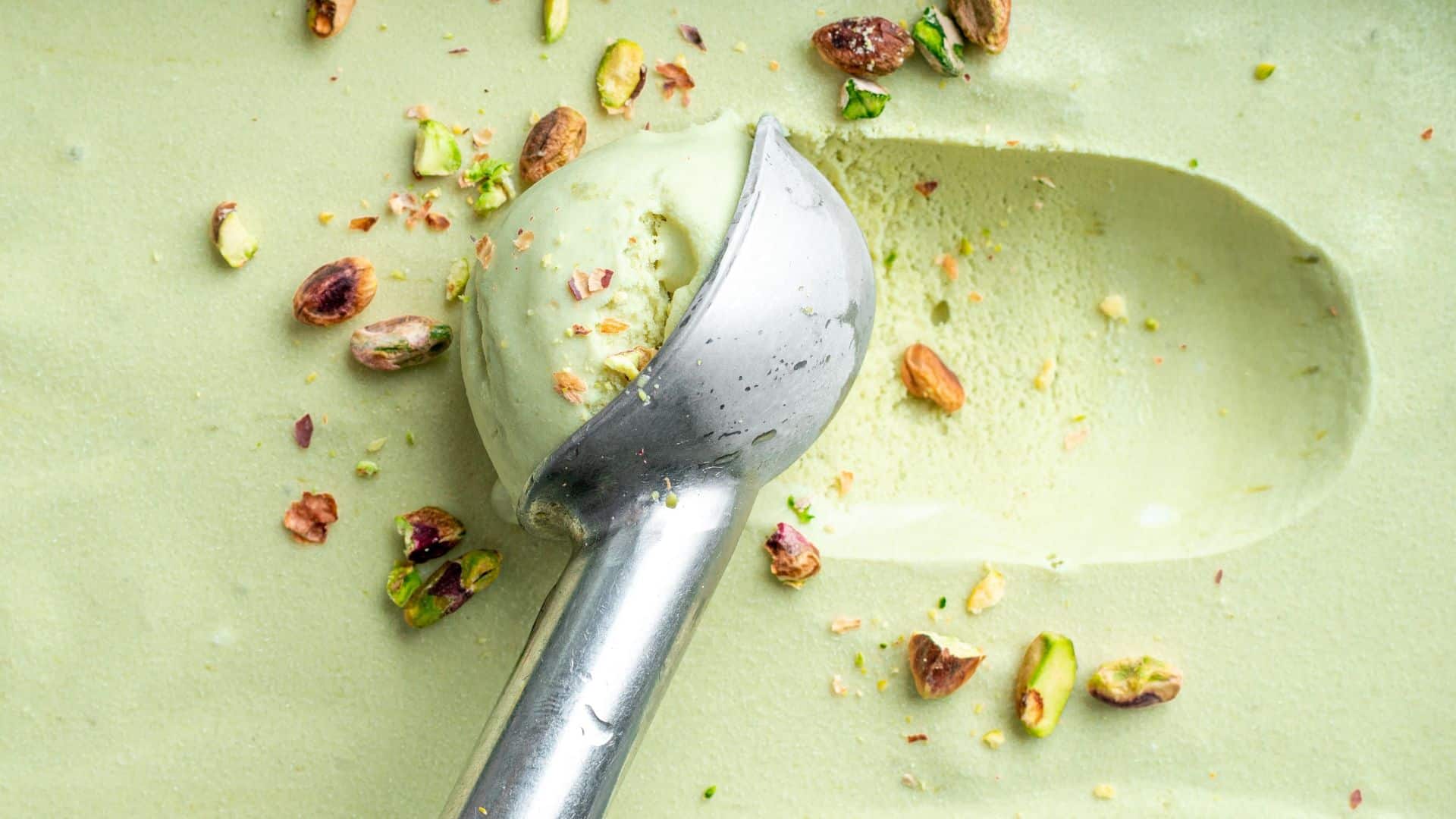12 States Banning the Use of Food Stamps for Junk Food


Health and Human Services Secretary Robert F. Kennedy announced that SNAP (Supplemental Nutrition Assistance Program) benefits will no longer be permitted for use to buy “junk food” in 12 states across the U.S. This is what we know about the new rule and how it will impact recipients.
What is SNAP?

SNAP, colloquially referred to as food stamps, is a program that provides food benefits to low-income individuals or families to help supplement their grocery budget. The goal of SNAP is to allow low-income families access to nutritious food that is essential to their health and well-being.
SNAP is Used Across The Country

The program helps people all across the country and is used by more than 42 million people per month, based on 2023 data. That is more than 12% of the population that relies on SNAP to get nutritious groceries.
New Regulations on Food

RFK Jr. announce that several states would receive waiver which allow them to prohibit the use of SNAP benefits to buy certain processed foods and drinks. He explained that this is part of his larger goal to reduce the consumption of ultra-processed foods in the American diet.
RFK JR’s Crackdown On Processed Foods

Due to the link between ultra-processed foods and chronic diseases and health issues, RFK Jr. has waged a war on these foods in the U.S. He explained in a statement, “For years, SNAP has used taxpayer dollars to fund soda and candy – products that fuel America’s diabetes and chronic disease epidemics.”
Which States Are Impacted

The states of Arkansas, Idaho, Indiana, Iowa, Nebraska, and Utah were granted waivers earlier this year. They recently announced 6 more states would receive the same: Texas, Oklahoma, Louisiana, Colorado, Florida, and West Virginia. The restrictions on junk food will go into effect in 2026.
What Food Are Not Allowed?

These states will restrict the use of SNAP benefits to purchase sodas and soft drinks, and some of the states will also restrict candy purchases. Energy drinks, some processed juices with less than 50% natural juice, and prepared desserts will also be restricted in some states.
Leaving it to The States
The individual states will make judgments on which food and drink products will be restricted and some will be stricter than others. More waivers could be passed out in the near future as well.
Using SNAP for Nutrition

Agriculture Secretary Brooke Rollins explained that the waivers are attempting to return SNAP to what it was meant to be: nutrition. Rollins stated, “SNAP is… meant to provide health food benefits to low-income families… so they can afford the nutritious food essential to health and well-being.”
Conclusion

Kennedy stated, “These waivers help put real food back at the center of the program and empower states to lead the charge in protecting public health.” The new restrictions will be implemented starting in 2026.

